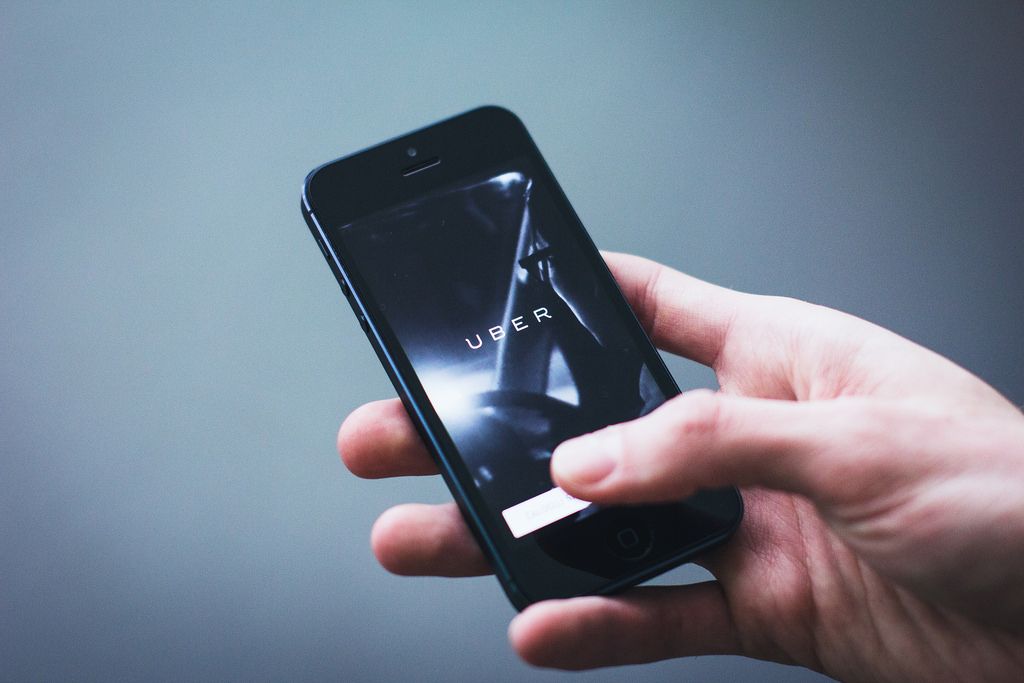
Uber and Lyft rideshare services have been made illegal in Philadelphia.
The regulation that allowed the services to operate in Philadelphia ended Sept. 30th at midnight. Under legal circumstances, the companies paid the Philadelphia Parking Authority (PPA) one percent of their gross sales. Of that one percent, the PPA only kept one-third of that share, while the other two-thirds of the earnings went to Philadelphia school districts.
The taxi companies operating throughout Philadelphia are outraged that Uber and Lyft are still operating throughout the city with regularity,
A fraction of Cabrini students and staff commute from Philadelphia, or reside there when they leave campus for the weekend. What if Radnor township office put an end to Uber and Lyft? How would Cabrini students handle the hypothetical situation?
Tyohnah White, sophomore communication and English major, believes the Uber and Lyft restriction would be a setback but transportation is still manageable.
“I would say on a scale of one to ten, my reliability on Uber is a seven,” White says. “But if it were to be illegal in Radnor, I would be more likely to take the shuttle or the train to get where I need to go.”
What makes Uber and Lyft more appealing than a taxi?
Alex Sanchez, freshman psychology major, says taxis are outdated, and conservative services. A commuter who travels from Philadelphia, he is much more reliant on Uber to travel throughout the city and relies on the train to be on time for class.
“It’s much quicker to go on an app and catch a ride than it is to wait for someone to pick up the phone and get you a ride,” Sanchez said. “You also know the price [range] of your trip before order a ride.”
In the taxi cab, people pay anywhere from $2.50-3.00 just to get in the cab, not to mention the good ole running meter, they are unaware of the cost of their trip until they have arrived at their destination.
Uber and Lyft are cheaper simply put. “From here [Cabrini] to the mall it costs me about 20 dollars,” Ajeé Young, senior political science major, said, “A Lyft would cost me half that, 12 dollars at the most, and they’ll wait for me.”


